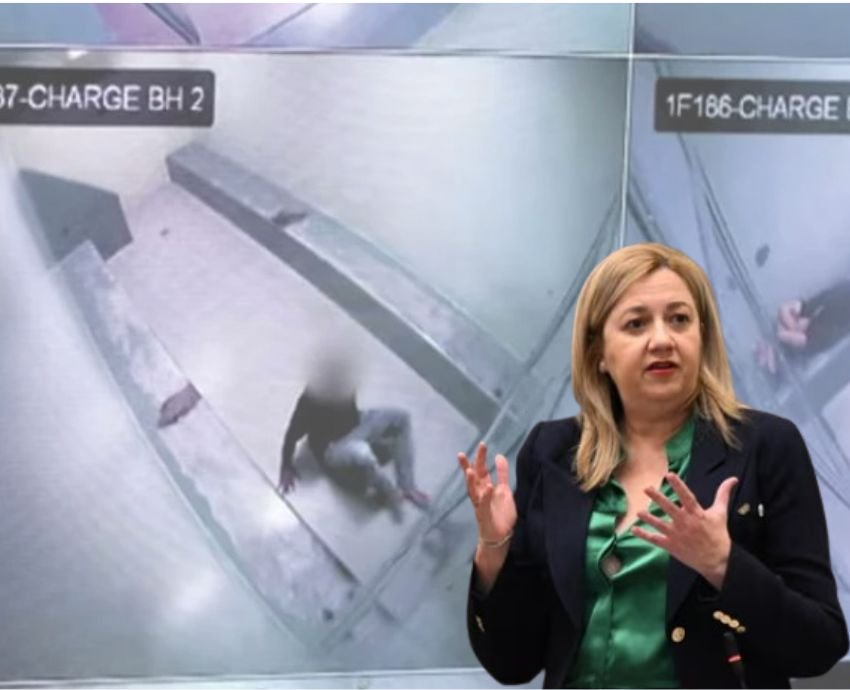
The Queensland Labor government has been reported to the United Nations Committee Against Torture over its decision to “suspend” its human rights act to be able to detain children in adult watch houses.
Police minister Mark Ryan on August 23 introduced the amendment which removes all protections for children in detention.
Since its “tough stance” and “state-wide crackdown” on youth crime began, complete with new laws to target youth offenders and in particular re-offenders, detention centres have become completely overloaded.
This has led to children as young as 10 years’ old being held in police watch houses for days and weeks at a time. This has been the subject of legal challenges in recent months.
To avoid any more legal headaches, Queensland Labor has “temporarily” — at least until newly-built youth detention centres are operational expected to be in 2026 — suspended its Human Rights Act.
It is the second time in six months it has over-ridden Queensland’s Human Rights Act: the first, according to reports, happened when it made “breach of bail” a criminal offence for children.
We know that this will most impact Indigenous youths: at least 65% of the Queensland youth prison population, on an average day, are First Nations children.
The First Peoples Disability Network has made the bold decision to alert the United Nations specialist torture taskforce about the Queensland government’s decision.
The UN Subcommittee on Prevention of Torture regularly monitors countries to determine if they are meeting their obligations under the UN’s Optional Protocol to the Convention Against Torture and Other Cruel, Inhuman or Degrading Treatment or Punishment treaty.
Australia signed up to this in 1989, although it does not have an exemplary track record because of its inhuman treatment of refugees.
However, what’s concerning about the First Peoples Disability Network’s decision to report the government is that it felt its options to protest the suspension of the Human Rights Act and do something to reinstate the rights of vulnerable children were limited.
It has now come to light that the suspension of the Human Rights Act was passed as “emergency legislation”, which does not require the usual level of scrutiny. Even the Human Rights Commissioner Scott McDougall was blindsided.
Now, everyone seems powerless to do anything about reversing it.
The most immediate concern must be for the wellbeing of youths in detention who, in McDougall’s view, have “less protections than farm animals” in the absence of the Human Rights Act.
Queensland appears to be in the grip of a youth crime wave but evidence, over many years, proves that locking kids up does not reduce crime.
There has been a considerable focus on re-offenders. However, studies also show that when youths are exposed to long periods of detention they become institutionalised to a life of crime and punishment. Many will end up in adult jails where the current (2019) recidivism rate is 45.6% within two years of release.
More than 180 organisations and individuals representing First Nations, disability and human rights, legal groups and experts have written to Premier Palaszczuk and other ministers, condemning the move. It too is likely to fall on deaf ears.
The Queensland government has gone to extraordinary lengths to suspend its Human Rights Act and, in doing so, has severely violating vulnerable children’s rights.
It is a considerable abuse of power. It is also disappointing that other Premiers have remained silent, which only makes them appear to be seemingly complicit.
[A version of this article was published by Sydney Criminal Lawyers.]